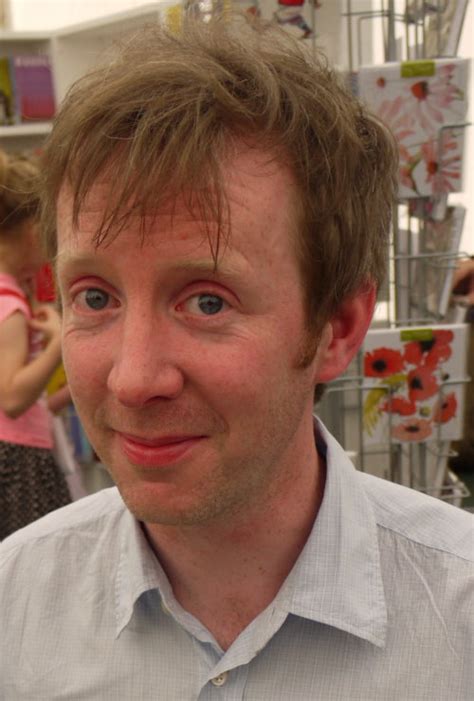A Quote by Bruce Barcott
We know people by their stories: their history, their habits, their secrets, their triumphs and failures. We know them by what they do. We want to know mountains too, but they’ve got no story. So we do the next best thing. We throw ourselves onto them and make the stories happen.
Related Quotes
I never have people tell me their stories. I usually have to figure them out myself. Because I know that if people tell me stories, they will expect them to be remembered. And I cannot guarantee that. There is no way to know if the stories stay after I'm gone. And how devastating would it be to confide in someone and have the confidence disappear? I don't want to be responsible for that.
Great stories happen all around you every day. At the time they’re happening, you don’t think of them as stories. You probably don’t think about them at all. You experience them. You enjoy them. You learn from them. You’re inspired by them. They only become stories if someone is wise enough to share them. That’s when a story is born.
The secret of the Great Stories is that they have no secrets. The Great Stories are the ones you have heard and want to hear again. The ones you can enter anywhere and inhabit comfortably... in the Great Stories you know who lives, who dies, who finds love, who doesn't. And yet you want to know again.
It is immature and lazy to imagine we know everything there is to know about someone before we know that someone. We don't know their stories, their histories, their real live human feelings. We don't know their favorite movies and best memories and what makes them afraid. It is unfair to take one fact, one thing they've said or we heard they said, or one thing they wrote, or someone else's experience, or a group they identify with and make a character sketch. If people did that to us, the picture would be so woefully incomplete, we wouldn't even recognize our own description.
It's a funny thing about stories. It doesn't feel like you make them up, more like you find them. You type and type and you know you haven't got it yet, because somewhere out there, there's that perfect thing -- the unexpected ending that was always going to happen. That place you've always been heading for, but never expected to go.
Sometimes, people mistake fire in the belly for too much pepperoni pizza the night before. They make a great speech and people come up to them and tell them, "You could be president." And the next thing you know, they're running, not because they really ought to or have any shot at doing it, but because they have, you know, a handful of people that tell them they are looking at the next president.
It used to be, if you were a reporter, you wrote a story and then you moved on to the next one. We were used to people coming to the New York Times. We waited for them to turn on our website or to pick up our print paper and see what we have. We now understand that we have to make our stories available to our readers. A lot of people get their news from Facebook or Twitter and we want to make sure that they see some of our best stories there, too. We do this more aggressively now than we did before.
We don't live in the old world. But I don't want everyone to know what I've done. We all know every kind of example we could throw out there. The world we see online is very spiteful, we all know about people who have had bad stories thrown at them. If we were more generous I might be more happy about the reputation economy.
Remember on this one thing, said Badger. The stories people tell have a way of taking care of them. If stories come to you, care for them. And learn to give them away where they are needed. Sometimes a person needs a story more than food to stay alive. That is why we put these stories in each other's memories. This is how people care for themselves.
Maybe instead of strings it's stories things are made of, an infinite number of tiny vibrating stories; once upon a time they all were part of one big giant superstory, except it got broken up into a jillion different pieces, that's why no story on its own makes any sense, and so what you have to do in a life is try and weave it back together, my story into your story, our stories into all the other people's we know, until you've got something that to God or whoever might look like a letter, or even a whole word.
I love secrets. Here's a bunch of people who think they know each other over a long period of time. And they do. And they don't. Secrets aren't the same thing as shame, but they can fall in that category. I'm very interested in the ways that people are open and honest with one another and simultaneously in hiding. What we know about those we love is only part of the story. Who do we protect with our secrets? Others? Ourselves? These are questions that interest me in fiction. The public and the private self.

































